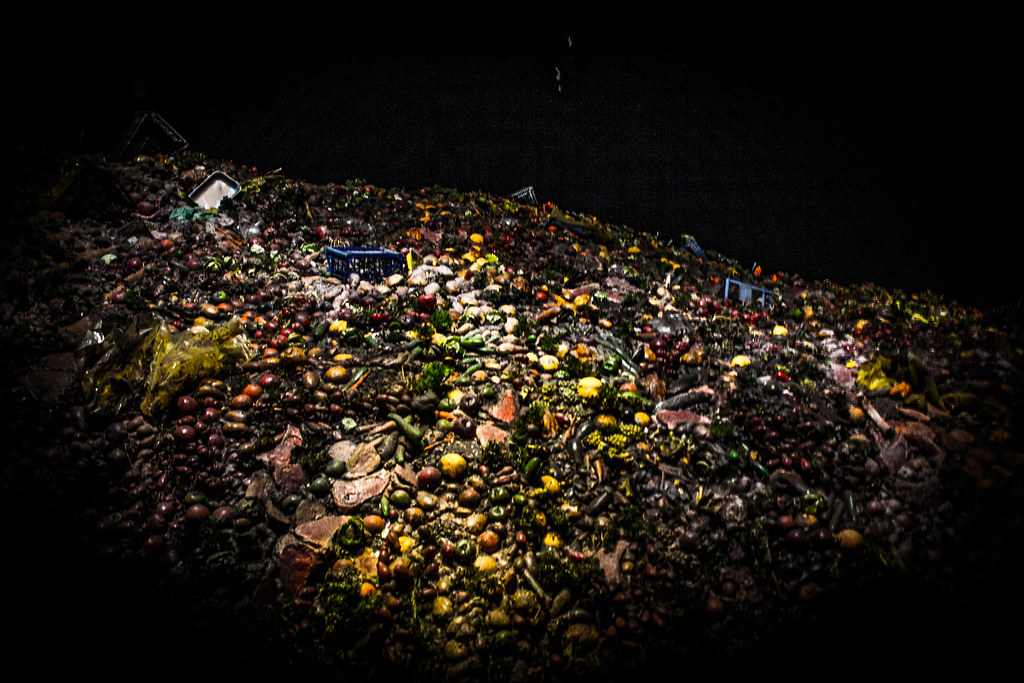The objective of this project is to create and sustain behavioral change towards preventing and reducing food waste at personal and collective levels among young people, who will soon be valuable members of society with responsibilities as family members and household owners.
The self-assessment method involves monitoring the frequency of food waste for different food groups, and reporting the amount of waste each time food is wasted.
Students should keep a 7-day food waste diary, which includes waste from each meal. A typical week (7 days) is best to measure food waste at home. Ideally, the survey should be conducted in one week, but if there are breaks due to special occasions, the measurement can be continued the next day. Birthdays, confirmations, and baptisms may affect the results, so it’s recommended to skip one day and continue the measurement the following day.
After completing the diary for 7 consecutive days, students should send it, along with photos of the meals (before and after), to the country coordinator’s email address.
The main expected impact of the project “Zero Food Waste Education for the “Z” Generation of European Citizens” is to increase the prevention, minimization, and recycling of food waste through sustainable management in the target regions, implemented by young people.”
Upon asking for feedback from the students, we discovered that the main challenge was that they often forgot to take pictures before or after their meals. Some students also expressed confusion about why taking pictures was necessary.
Additionally, encouraging students to keep a 7-day food waste diary in general was a challenge.




